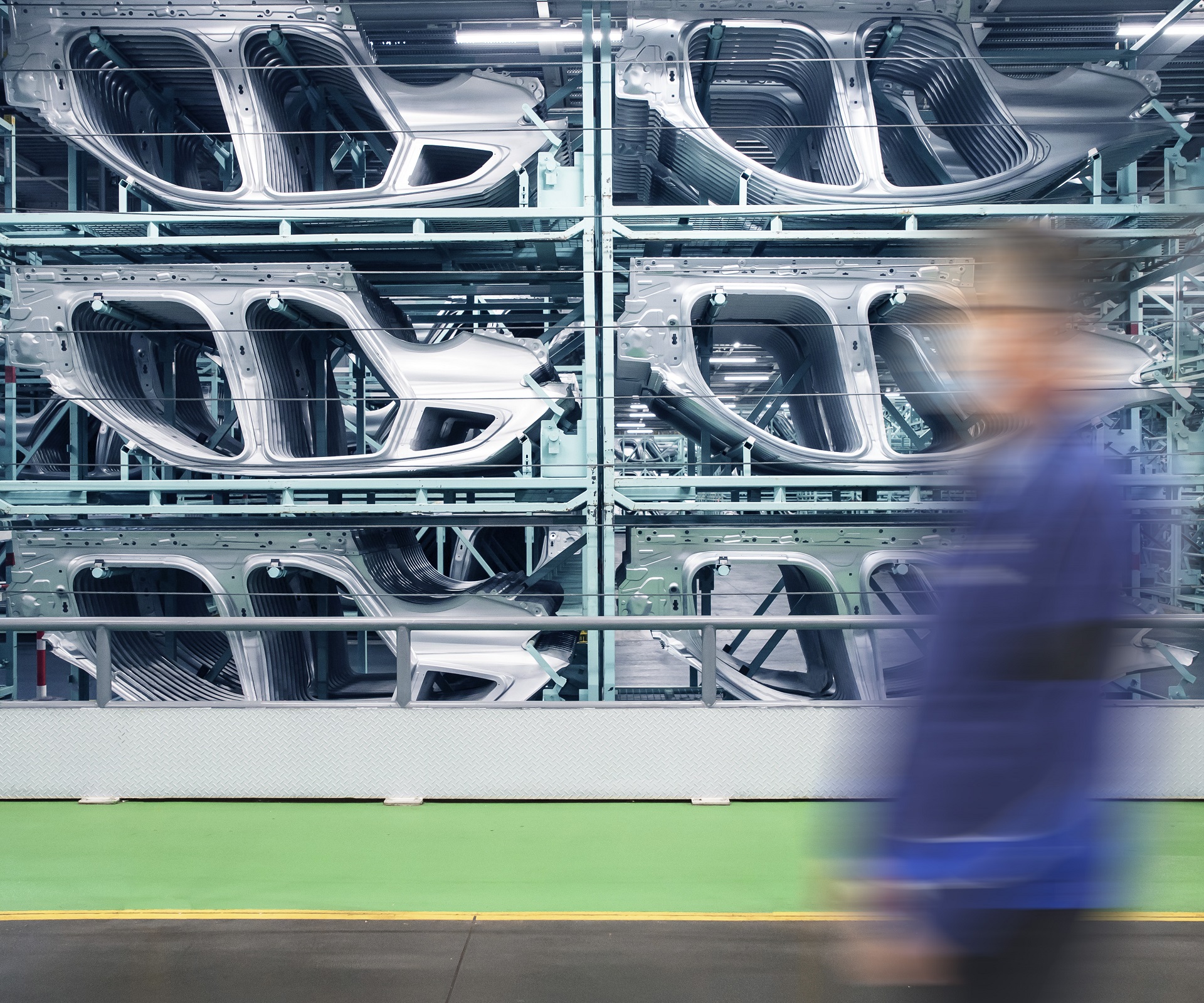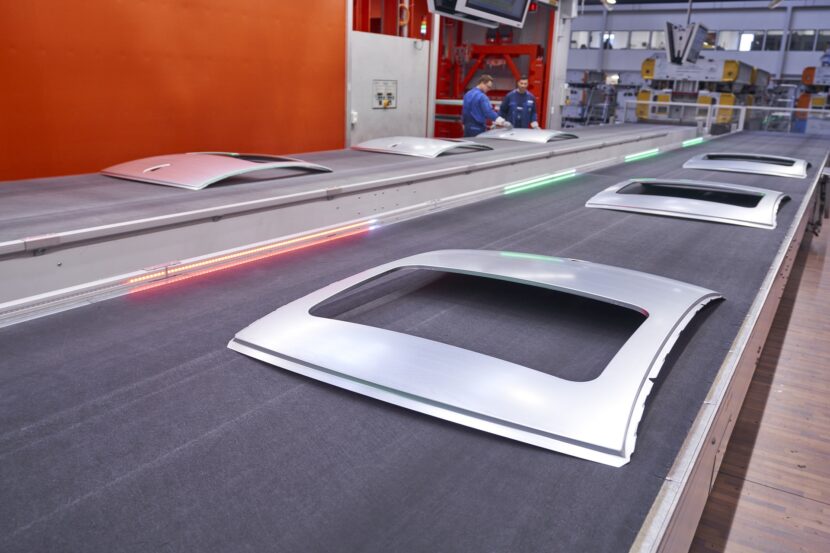Making ‘greener’ cars in the future doesn’t mean just cutting the CO2 emissions coming out of the exhaust pipes. It also implies using sustainably sourced materials and improving the manufacturing process. To this end, BMW’s future Neue Klasse models will be using sustainably sourced steel, following a deal signed by the manufacturer with Swedish start-up H2 Green Steel.
According to the Bavarian car maker, H2 Green Steel will be responsible for delivering steel manufactured using zero fossil fuels. Instead, the Swedish company is going to use hydrogen and only green power from renewable energies for steel production. This way, the CO2 emissions for the production process would be cut by 95%. Not only that, but the two will be working closely together, creating a closed loop for the steel, with H2 taking back the steel remnants from the production sites over at BMW, to recycle.
“Our goal is to reduce CO2 emissions in our steel supply chain by about two million tonnes by 2030. Sourcing steel produced using hydrogen and green power can make a vital contribution to this,” says Dr Andreas Wendt, member of the Board of Management of BMW AG responsible for Purchasing and Supplier Network. “Steel is essential for producing cars and will be no less important for future vehicle generations. Innovative technologies that enable virtually carbon-free production of steel have a significant impact on our ability to reduce CO2 emissions in our steel supply chain.”
What’s most interesting about this collaboration is that H2 Green Steel is not currently fully operational. For this new contract, the company is currently building its steel production site somewhere in the northern part of Sweden. The location wasn’t picked at random. That’s where some of the best quality iron ore in the world can be found, as well as renewable power sources, such as hydroelectric and wind power. Furthermore, the hydrogen needed for the manufacturing process is also sustainably sourced.






































































